Trisha, Jolene and I are all going booktalking in the near future. Here are some of our booktalking tips for new librarians and new booktalkers alike. We’re by no means experts, but hey, every little bit helps right?
Trisha’s Booktalking Tips:
1) It gets easier. I hated giving oral presentations when I was in school, so of course, the first few times I went booktalking by myself, I was more than a bit overwhelmed and intimidated by the whole thing. But it got better, especially once I figured out what worked for me and found my own style.
2) Find your own style. Different librarians have different styles, so if you can, observe other librarians booktalking. Some have their booktalks memorized, some do everything off the top of their head. Some use props, some don’t. Some spend a couple of minutes talking about one book, some tend to do shorter booktalks. Try out different techniques and see what comes most naturally and works the best for you.
3) Remember, you’re not just promoting books. You’re also promoting the library and its services. So tell the students about upcoming programs and recent programs you’ve held. Remind them you have DVDs and online resources that’ll come in handy when they’re doing homework or searching for colleges or need to practice taking the SAT. Just try to do it in an interesting way.
4) You can find booktalks online. Scholastic and Random House offer booktalks on their sites. Nancy Keane’s Booktalks Quick and Simple has tons of booktalks, sometimes two or more talks for one book. I find the sites useful, because though I almost always write my own booktalks (usually months after I first read the book, because I can never force myself to write a booktalk right after I’ve read a book that would be great for booktalking. Instead, I wait until I’m asked to go booktalking, start freaking out and after looking at the booktalks I’ve already written, go to my shelves to find newer books to supplement the ones I know I can do effectively, and start writing. But I don’t recommend this method), I sometimes find it hard to find that initial flash of inspiration. The booktalks I end up writing may look nothing like the ones I found online, but just seeing the different approaches others have taken is often enough to get my creative juices flowing.
Other handy links:
http://www.motherreader.com/2006/06/book-hooks.html
http://www.motherreader.com/2007/10/teen-booktalking.html
http://www.motherreader.com/2006/03/extreme-booktalking.html
Gayle’s Booktalking Tips:
1) Have fun! In most cases you are in the classroom during some lull in standardized testing so make the most of it. The students will be receptive if you are enthusiastic.
2) Interact! I’ve found the quickest way to engage a class is to ask them questions. It doesn’t hurt if you share a little about yourself too. It gives you more credibility and makes you more real when you personalize booktalks. Of course, don’t personalize too much, you are a professional so conduct yourself in a professional manner.
3) Choose Books You Like! If you’ve been reading about booktalking, you’ve no doubt heard this tip numerous times. And I can’t stress too much how important this is. It’s hard to booktalk a book you feel indifferent about. In direct contrast it’s easy to gush about a book you love.
4) Practice, practice, practice! You don’t need to memorize, but practice makes perfect. Try to practice on a forgiving audience to see if your booktalk makes sense.
5) Variety is the Spice of Life! Even if your reading preferences are very specific try to step out of your reading comfort zone for the sake of booktalking. Non-Fiction books are easier than you think to booktalk–many of them sell themselves with their quirky content. Books from different genres appeal to different sorts of readers. And hey if you’re a big chick-lit fan and love a science fiction book, it gives it that much more credibility that you think it’s a winner.
6) Keep it Simple Smarty! Don’t try to over-explain a plot or a book. Keep it simple and it’ll be smooth sailing.
7) Be Flexible. (No exclamation point here.) It’s important to be flexible because schedules change, people get sick, memories are faulty, and there are somethings in life you can’t control so roll with the punches.
 Read a lot! The more you read, the more you have to booktalk. If you don’t find that this is the case, try reading something different.
Read a lot! The more you read, the more you have to booktalk. If you don’t find that this is the case, try reading something different.
9) Smile! A smile makes you more approachable and breaks down a lot of barriers.
10) There’s always room for improvement! If you can learn from your mistakes then you’ll be that much better then next time. Remember to project your voice and speak clearly. One of my biggest challenges is to slow down. I tend to speak very quickly and I’m constantly struggling to slow down.













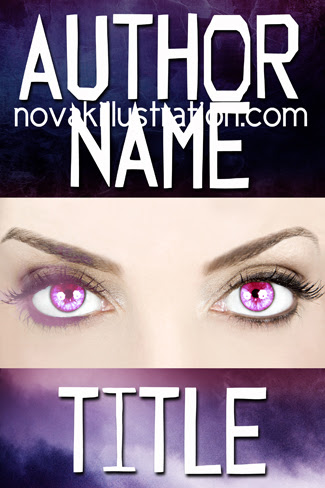
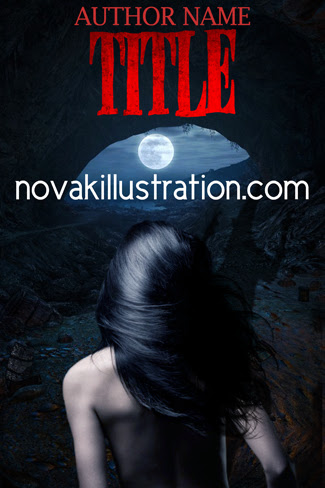

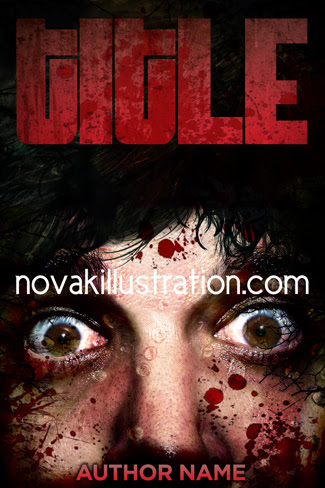






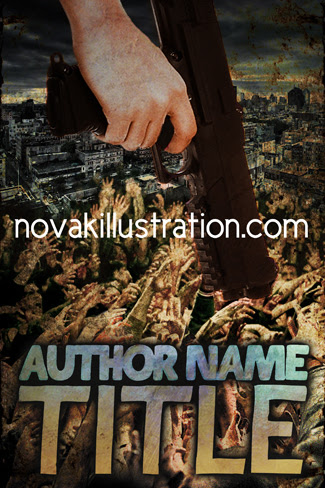
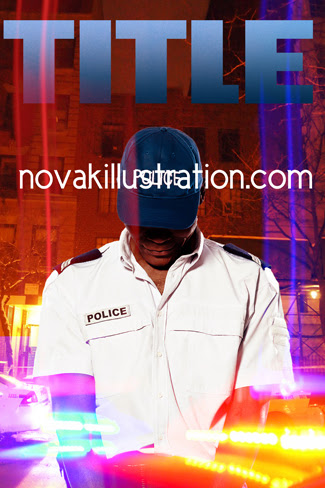






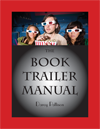


 As if the links to publishers catalogs, the
As if the links to publishers catalogs, the 
 If you subscribe to YALSA’s
If you subscribe to YALSA’s 




Steve,
I love the covers that you have done for Mary Ann Bernal. And looking at these you are very talented. Keep up the good work!
Wow. These are amazing. I really wish I had a book that needed a cover right now. But I will definitely be putting you on my list for stuff for the future.
K - Much appreciated and I'll do my best to keep up the good work, mostly because it also keeps the bill collectors happy. ;)
EMILY - Thanks! If and when you do find yourself in the market for a cover drop me a line at [email protected] I'm always there. Literally. I have no life. ;)